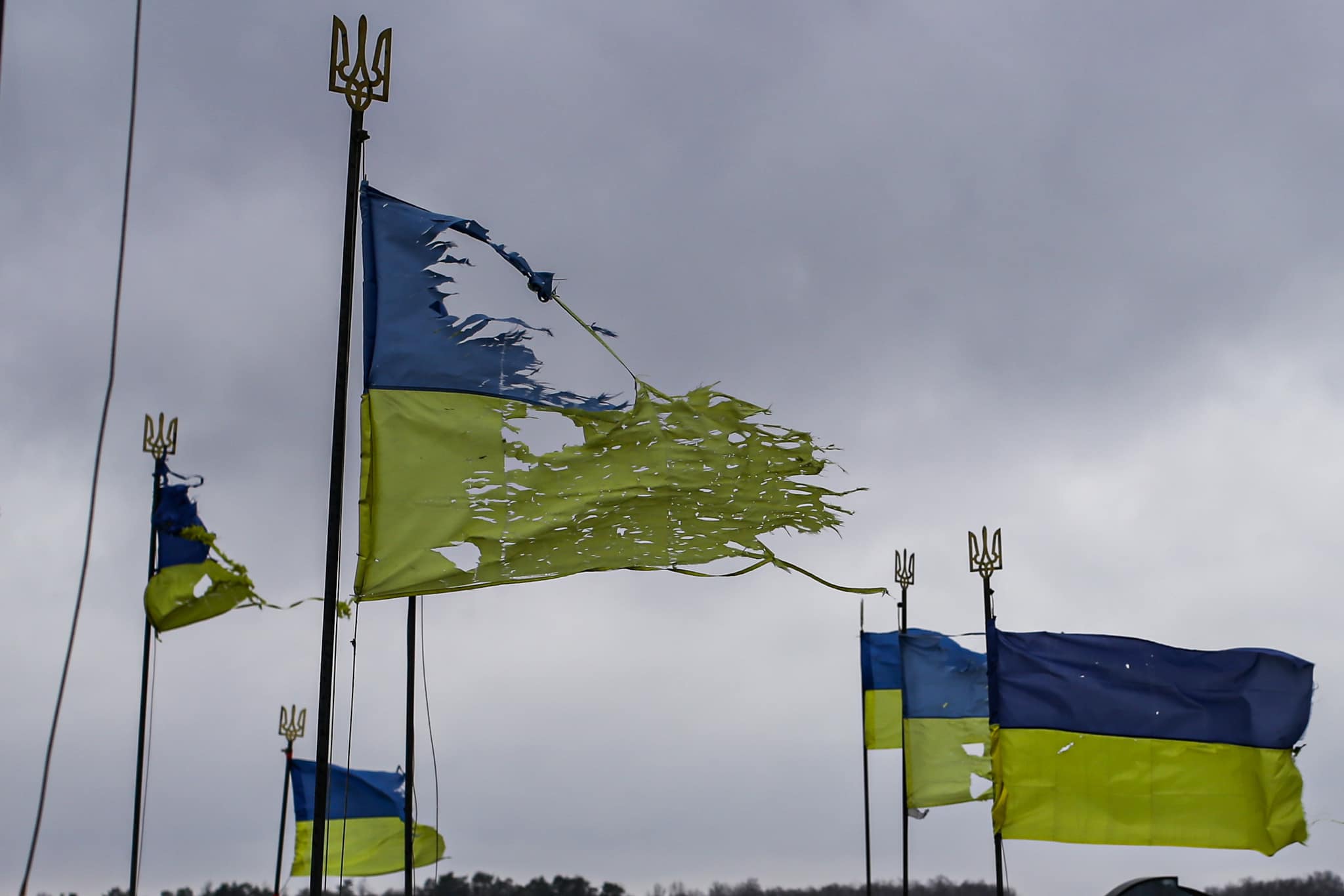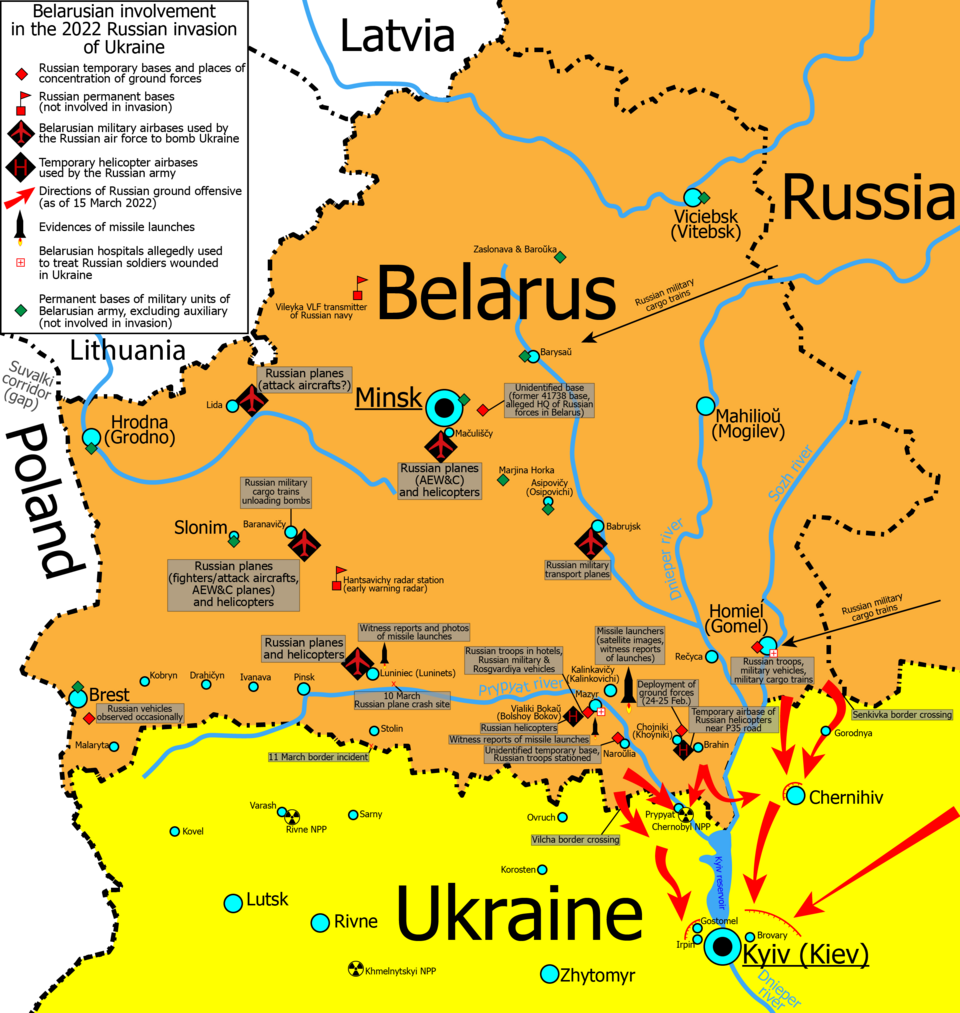Poland Expels 57 Ukrainians, 6 Belarusians After Outcry Over Nationalist Flags
In a significant diplomatic and social development, Poland has expelled 57 Ukrainian nationals and 6 Belarusians following a concert incident that has reignited historical tensions. The expulsion stems from the display of flags associated with the Organisation of Ukrainian Nationalists (OUN) and the Ukrainian Insurgent Army (UPA), groups notorious for their roles in the ethnic cleansing of Poles during World War II. This event has sparked outrage among the Polish public, many of whom have personal connections to the tragic history of the massacres in Galicia and Volhynia.
Background & Context
The historical backdrop of Polish-Ukrainian relations is fraught with complexities, particularly due to events during World War II. The OUN and UPA were responsible for the deaths of tens of thousands of Poles in the territories of Galicia and Volhynia, leading to long-lasting scars in Polish society. These events are not merely historical footnotes; they are deeply embedded in collective memory, and any perceived glorification of these groups can provoke strong reactions in Poland.
Recent years have seen a surge in Ukrainian nationalism, especially as Ukraine has sought to assert its sovereignty amid ongoing conflict with Russia. However, this resurgence has also led to friction with Poland, where many view the nationalist rhetoric with suspicion. The concert incident, which took place in a Polish city, acted as a flashpoint for these simmering tensions, prompting immediate calls for accountability from Polish officials and the public.
Key Developments
The concert, initially intended as a cultural celebration, took a controversial turn when attendees displayed flags linked to the OUN and UPA. This act was met with swift condemnation from Polish authorities and civil society organizations, who argued that such displays were not only disrespectful but also a provocation that undermined the fragile reconciliation between Poland and Ukraine. The Polish government responded decisively, leading to the expulsion of the individuals involved, which has been characterized as a necessary step to uphold national dignity.
Poland"s Deputy Interior Minister, in a public statement, emphasized the government"s commitment to protecting Polish historical memory and ensuring that such incidents do not recur. "We cannot allow the glorification of groups that were responsible for the suffering of our ancestors," he stated, underscoring the emotional weight of the historical grievances that continue to influence contemporary politics.
\n\n
Image for Poland Expels 57 Ukrainians, 6 Belarusians After Outcry Over Nationalist Flags
Broader Impact
The expulsion of Ukrainian nationals is not merely a bilateral issue; it reflects broader geopolitical dynamics in Central and Eastern Europe. As Poland navigates its relationship with Ukraine, it must balance support for its neighbor against the backdrop of historical grievances. This incident may lead to increased scrutiny of Ukrainian nationalist movements within Poland, potentially affecting the sentiments of Polish citizens toward Ukrainian refugees and migrants, especially in light of the ongoing war in Ukraine.
Experts suggest that this situation could further complicate Poland"s already delicate position in the region, particularly concerning its relations with Russia. As previously reported, Polish officials have warned of Russian maneuvers that may seek to exploit such tensions to foment anti-Ukrainian sentiment. The recent developments could embolden these narratives, potentially straining the cooperative efforts that have emerged in response to the ongoing conflict in Ukraine.
What"s Next
In the wake of this incident, the Polish government is likely to implement stricter regulations regarding public displays of nationalist symbols, particularly those associated with contentious historical figures or groups. This could lead to increased monitoring of Ukrainian cultural events within Poland, as authorities seek to prevent further escalations.
Moreover, the expulsion may prompt discussions within the Ukrainian community in Poland about the implications of such displays on their status and acceptance in Polish society. As both countries strive to maintain a united front against external threats, the challenge remains to navigate their complex historical narratives while building a harmonious future. Ongoing dialogues and diplomatic efforts will be crucial in addressing these sensitive issues and fostering a deeper understanding between the two nations.

Image for Poland Expels 57 Ukrainians, 6 Belarusians After Outcry Over Nationalist Flags







![[Video] Gunfire between Iraqi security forces and Sadr militias in Baghdad](/_next/image?url=%2Fapi%2Fimage%2Fthumbnails%2Fthumbnail-1768343508874-4redb-thumbnail.jpg&w=3840&q=75)
